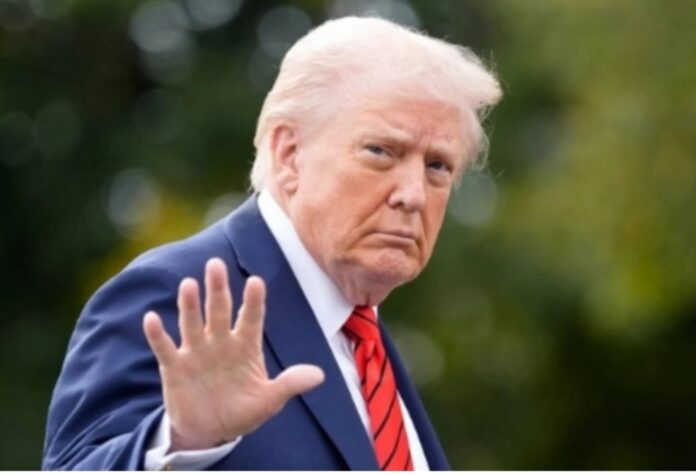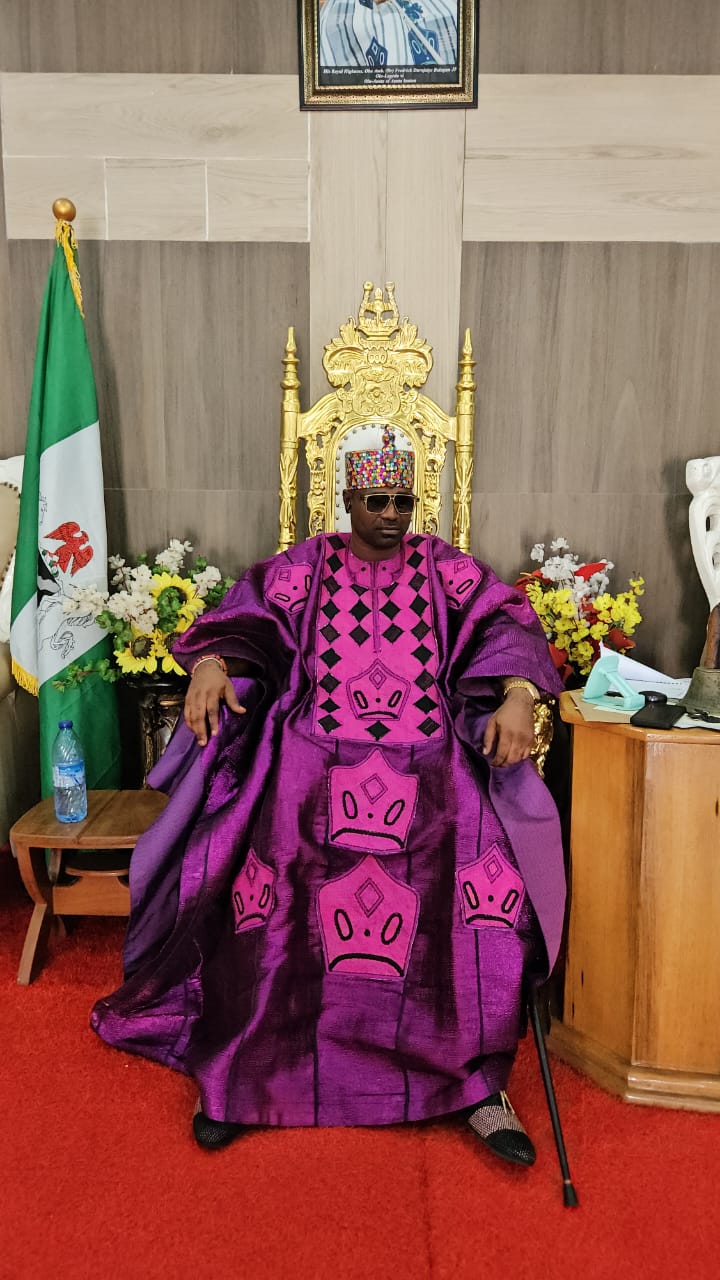By Admin
The Tinubu Media Support Group (TMSG) has welcomed the revised economic growth projection by the International Monetary Fund (IMF) but faulted it for underestimating Nigeria’s economy and its potential under the President Bola Tinubu administration.
This was after the IMF once again reviewed upward its projection for Nigeria’s economic growth in 2025 to 3.4% from its earlier 3.2% projection of October 2024, which was later reduced to 3% in April this year.
In a statement signed by its Chairman, Emeka Nwankpa, and Secretary, Dapo Okubanjo, TMSG expressed deep worry over the IMF’s penchant for underestimating Nigeria’s growth potential.
The statement read in part, “We are not totally surprised that the International Monetary Fund (IMF) has had to improve its projection for Nigeria’s economic growth in 2025 to 3.4% from its earlier projection of 3%.
“The global body, in its Article IV consultation report with Nigeria, projected a 3.4 % economic growth for the country, a few months after it had projected 3.2 %, which it later reduced to 3%.
“It didn’t come to us as a surprise that the IMF upgraded its forecast. This is because we were convinced that the economic reform policies of President Bola Tinubu’s administration are gradually bearing fruit as reflected in the manner the economy grew in the last quarter of 2024.
“We recall that Nigeria recorded a Gross Domestic Product GDP growth of 3.84% in the fourth quarter of that year in what was clearly the fastest pace since 2021 to prove the IMF’s 2024 3.2% projection wrong.
“In fact, its initial 3% projection for 2025 was, in May, challenged by a Nigerian policy think tank’s, the Independent Media and Policy Initiative (IMPI) in May which wondered whether IMF understood the structure of the Nigerian economy when it used global oil slump as the basis for its projection.
“IMPI had said at the time that a single factor could not be used to forecast a massive decline in the size of an economy like Nigeria, more so, when the country was moving away from its dependency on crude oil earnings.
“We are also aware that the lead economist at ECOWAS, Professor Ken Ife, had also questioned the rationale for the IMF’s earlier 3% projection because, according to him, the global organisation does not understand our economy well.
“So by revising its forecast for Nigeria for two years running in two years of the Tinubu administration, the IMF has proved IMPI right and tacitly admitted that it was wrong.
“We hope that the global body would make haste to adjust its 3% growth forecast for 2026, especially as it recently commended the Tinubu administration on the new Tax reforms, which go into effect in January 2026.”
The group added that it aligned with IMPI’s projection of a 5% annual economic growth against the backdrop of improving macroeconomic stability.





